Imagine this. You pull out your smartphone, tap the ‘democracy’ icon and spend five minutes skewing the political agenda to better align with your personal views. Then you go back to playing Candy Crush.
When each major issue is subject to an instant online referendum, we will see an end to corporate governance and, indeed, the decline of party politics that are strapped to stiffly outdated ideologies. Global to local, the only limit to your influence will be the time and effort you can invest.
To the idealist, this push-button democracy might sound like a good idea. But of course it’s not. What most people want are better social provisions and to pay less tax, probably not in that order. They want to live in a better world; they just don’t want to have to pay for it. Politics is the game of finding the least unpopular way of effecting change. Tough gig.
For most people who live in a democracy, involvement in politics starts and ends with a mark on a slip of paper in a polling booth at election time. You probably cast a handful of votes in a decade. It’s not a huge commitment. A lot of people can’t even be bothered.
Similarly, in non-democratic states, the governments are usually willing to accept ideas from their subjects if those ideas are for the greater good, but the lack of political competition means the channels for those ideas are harder to navigate. A free press, for example, is a rarity outside democracy.
The history books are, of course, brimming with stories of revolt against king, church and country. Ferrous-fisted governments in every corner of the world have silenced the mouths of opprobrium in any way they could, yet the litany of death and suffering doesn’t seem to discourage the disaffected. If anything, the beheadings and burnings have galvanised their approach to protest.
The modern activist is an organised lobbyist who can harness the power of the media, can influence the influential and understands the power of a unified voice: e pluribus unum. The new wave of activism realises that the future of campaigning has at its hub history’s most disruptive communication tool: the internet.
Where once lobbying was done on one hand by elite corporate consortiums in quiet meetings in the corridors of power, and on the other by braying mobs of disorganised protesters in the streets, the 21st-century campaign takes the best of both worlds, selected and steered online, to create a forceful display of solidarity. Those who chant together, chant loudest. They have one voice, and it booms.
Avaaz is the word for song or voice in several languages, from Farsi to Urdu to Bosnian. Appropriately enough then, Avaaz is also the name of the organisation which is using the internet to snowball campaigns from a few disconsonant voices to a mightily harmonious roar.
Headquartered in New York, Avaaz’s tendrils reach around the world. It has members in every country, numbering 32 million in total. In Brazil alone it has over five million members and is rapidly becoming a recognised brand. Spain is catching up to that figure. Each month, the organisation gains another two million members. That’s 45 new members every minute of every day. And night.
Avaaz works a bit like Kickstarter. On Kickstarter, you upload an idea for a product – a novelty pencil holder, say – and individual backers bid to make it possible for you to set up an initial production run. Replace your novelty pencil holder with a campaign for novelty political honesty, and you have Avaaz.
Anyone can start a campaign, send it out to their friends and hope they get enough momentum behind them to attract the attention of Avaaz’s inner circle. If the campaign fits with the ethos of the group, and it tests well on a focus group then Avaaz supports the creator to create a strategy and deliver the campaign.
“It’s really built on the idea that people actually have more in common around the world than most people think,” explains Emma Ruby-Sachs, a campaign director at Avaaz, “We all fundamentally care about very, very similar issues: a reduction in poverty, an end to violence, sustainable plans. It’s really about having a global community and a global democracy.”
If you have the impression that Avaaz is an internet-enabled riot aggregator, put it away. Its campaign tactics include petitions and demonstrations, yes, but also high-level lobbying and original litigation (Ruby-Sachs gleefully explains how they took the South African government to court on a matter of free speech recently; gleefully because the plaintiff was Avaaz itself). “We’ve smuggled humanitarian aid across borders in Burma.” Rent-a-mob it ain’t.
And the goals (what Ruby-Sachs repeatedly refers to as “the mission”) are not small either. She talks about a “march to democracy” not only to rid politics of corruption and “incredible corporate interest” but also the increasing democratisation (whether admitted or not) of the world.
“Fundamentally, we see over time a gradual increase on a global scale of a lot of things that are essential to democracy: the increase in overall health of people around the world, a decrease in infant mortality, an increase in overall education, and then not surprisingly an increase in the number of democratic countries.”
While Ruby-Sachs admits that this democratic creep generally smooths the path for Avaaz’s “mission”, a lack of democracy can also work to its advantage. “Sometimes when you have a concentrated amount of power in a country, you can put quite intense pressure on that small number of people. It’s less distributed power, so the levers are easier to identify.”
Levers? Missions? The language of Avaaz is full of in-house jargon. Ruby-Sachs speaks about the organisation’s “theory of change” and describes the phrase “bridging the gap” as “our shorthand.” She uses “disconnect” as a noun. There is a marked absence of irony.
But the tide is undeniably with Avaaz. The internet, mobile phones and social media have increased the spread of information (true or otherwise) from a trickle to a flood.
In 2010, the Arab Spring swept through North Africa and the Middle East deposing leaders and causing civil unrest in a dozen countries. Health and education are not the only things putting power in the hands of the people. “The wider freedom of information is a really essential part of democracy,” explains Ruby-Sachs, “You saw that as a very clear example in the Arab Spring.”
So where does all this end up? Will every dictatorship and monarchy in the world have to concede eventually to some sort of internet-fuelled democracy?
“I think that’s going to happen, but the dream of Avaaz members is a kind of democracy that’s accountable to the people and really has their interests at heart.” It becomes clear that the campaign director is not just talking about overthrowing repressive autocrats.
“In Brazil we deal with significant corruption on a political level and financial corruption within individual political communities. And then in the United States you deal with a massive corporate corruption where essentially the laws there allow corporations to buy elections.”
But surely there’s a limit. It was Sir Humphrey Appleby, the fictional civil servant from veteran BBC comedy Yes, Minister, who pointed out: “If the right people don’t have power, do you know what happens? The wrong people get it: politicians, councillors, ordinary voters.”
Satire aside, Ruby-Sachs agrees that the idea of a push-button democracy, the notion of an app for instant referenda, is dead in the water. “We’re seeing an increase in control of a few hands on one hand, and an amazing source of power and funding from individual citizens on the other, but at Avaaz we see government as a good idea. It’s an important agent of change and accountability. And there is not, at least in our campaigning, any kind of bent on replacing government. It’s about making that government accountable.”
As for Avaaz, started by British-Canadian Ricken Patel, then aged 30 in 2007, it remains “all about the mission.” With the organisation treating its 38 million members “as bosses” and promising to help them “make the world better” its stratospheric growth is an encouraging sign that we could indeed be heading towards a truer version of democracy, albeit one checked by the accountability (and resources, and scrutiny) of government.
“Definitely, I want Avaaz to be a household name,” says Ruby-Sachs. “As a member myself, I get these emails and I get a sense of possibility and hope every time I open them. It’s rare in our world to have somebody deliver that.”
And how long will it take until Avaaz is known as well as some of the bigger names on the internet? “I’m measuring it in terms of years, not decades.”
Details: visit Avaaz.org


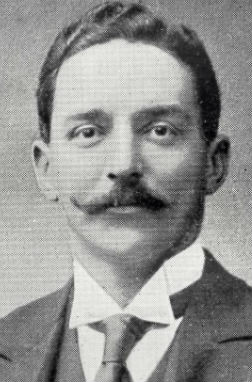

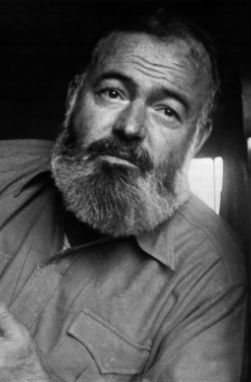

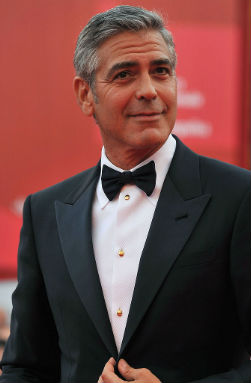
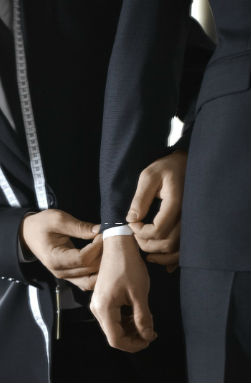






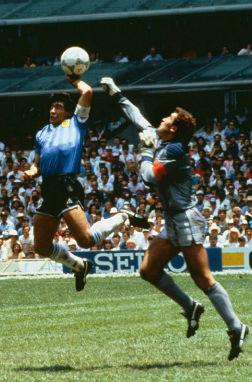

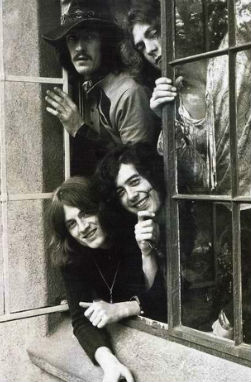


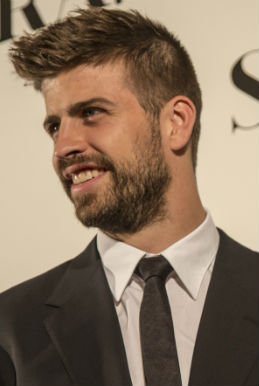






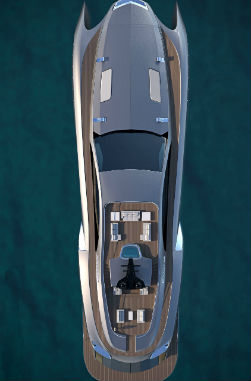



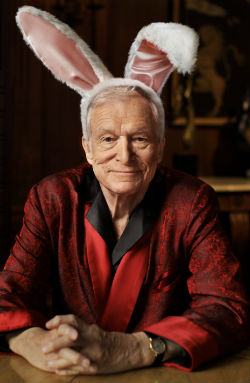
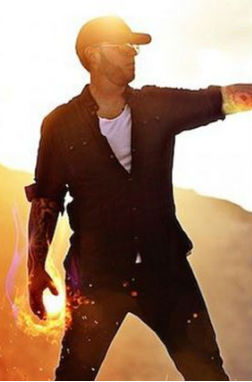

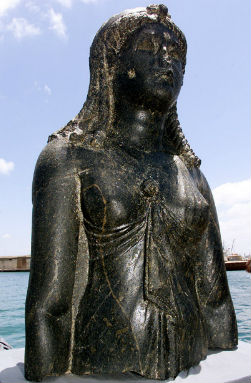


SHARES
Comments